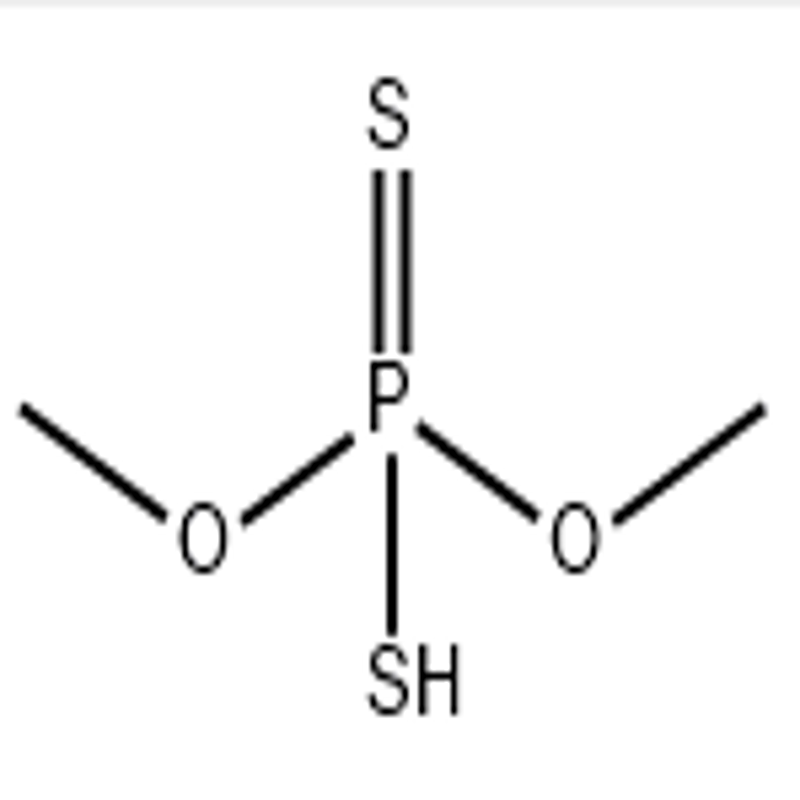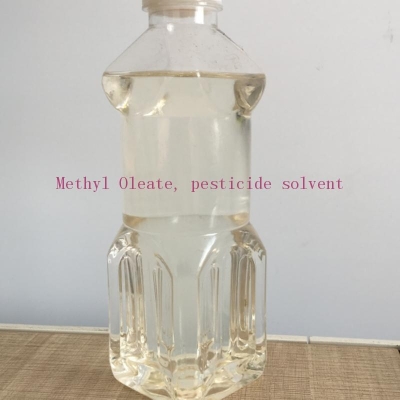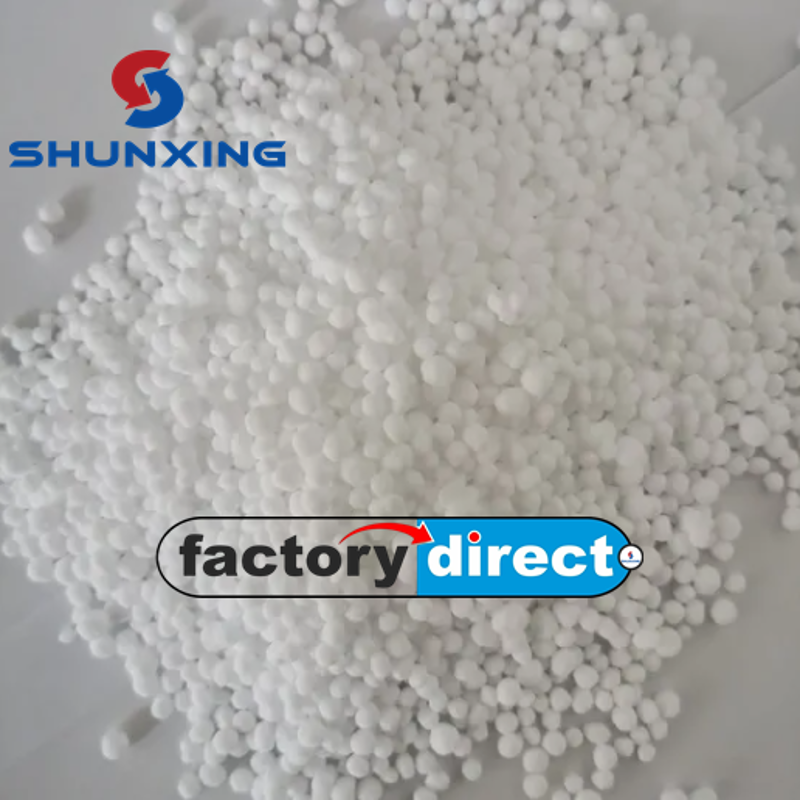-
Categories
-
Pharmaceutical Intermediates
-
Active Pharmaceutical Ingredients
-
Food Additives
- Industrial Coatings
- Agrochemicals
- Dyes and Pigments
- Surfactant
- Flavors and Fragrances
- Chemical Reagents
- Catalyst and Auxiliary
- Natural Products
- Inorganic Chemistry
-
Organic Chemistry
-
Biochemical Engineering
- Analytical Chemistry
-
Cosmetic Ingredient
- Water Treatment Chemical
-
Pharmaceutical Intermediates
Promotion
ECHEMI Mall
Wholesale
Weekly Price
Exhibition
News
-
Trade Service
In the three years since the pilot project in Wenjiang District, the district has recycled more than 3 million pesticide packaging wastes, weighing 32.
5 tons, and recycled 94 tons of waste agricultural film
.
The recycling rate of pesticide packaging waste in Jintang County has reached over 55%, the harmless centralized disposal rate has reached 100%, and 180 tons of waste agricultural film have been recovered and all used as resources
.
In Longquanyi District, 34 tons of agricultural film pesticide packaging wastes were collected and disposed of, with a recovery rate of over 90%.
The effective recovery and harmless treatment of agricultural film pesticide packaging wastes were basically realized
.
□ Our reporter Kan Yingying, in Yongke Community, Jinma Street Office, Wenjiang District, Chengdu, has a high-standard pesticide packaging waste centralized temporary storage site built in a 500-meter radius where no residents live
.
The floor of the yard is hardened, and toxic and hazardous warning signs are posted outside the site.
The temporary storage here is the agricultural production waste of residents around the Yongke community.
Recycling personnel will regularly visit the door for centralized treatment
.
With the continuous acceleration of the development of modern agriculture, agricultural materials such as pesticides and agricultural films have made significant contributions to the high and stable production of agriculture
.
However, the price behind the contribution—pesticide packaging and discarded agricultural film—has caused damage to the farmland ecosystem for a long time
.
Recycling and reusing pesticide packaging and discarded agricultural film have become an important part of agricultural work in various regions
.
Since October 1st last year, the "Administrative Measures for Recycling and Disposal of Pesticide Packaging Waste" issued by the Ministry of Agriculture and Rural Affairs and the Ministry of Ecology and Environment have been formally implemented.
Our province has explored the problem of difficult recycling of agricultural production waste and concluded that many are worth learning.
Experience
.
Recently, the reporter visited several pilot districts and counties in Chengdu as samples
.
Difficulties: A large amount and a wide range.
We need to do a plan design from the top of the policy.
What is the difficulty in recycling agricultural production waste? First of all, the difficulty lies in the large quantity and wide coverage
.
The statistics of Wenjiang District show that the agricultural land area of the whole district is 208,200 mu, the annual pesticide usage is about 360 tons, the agricultural film usage is about 100 tons, the annual production of pesticide packaging bags (bottles) is more than 3 million, and the waste agricultural film is about 70 tons.
.
Jintang County is no exception.
The annual use of pesticides is 767 tons, and the use of agricultural film is 1190 tons.
Pesticide packaging waste and waste agricultural film are 61.
36 tons and 575 tons respectively.
They have become one of the important sources of agricultural non-point source pollution.
Threatening the safety of agricultural ecological environment and the quality and safety of agricultural products
.
The amount of agricultural production waste is large and involves a wide range of areas.
The key is to get through the "last mile" of recycling
.
How to get through? This requires top-level policy support and program design
.
At the end of 2017, Wenjiang District began to pilot the recycling and disposal of pesticide packaging waste and waste agricultural film.
By 2020, a total of more than 2.
5 million yuan has been invested, and the recycling and disposal work will be included in the rural revitalization target for evaluation.
At the same time, the district supply and marketing cooperatives have enterprises Xinsheng Material recycling companies are the main body of project implementation
.
"Choosing social-owned enterprises as the main body of project implementation can maximize the priority of public welfare in terms of work development.
In addition, it can also keep costs to a minimum, transfer more funds to the subsidy link, and make recycling work more efficient
.
" Liu Jinhong, Chief of Supply and Marketing Cooperation and Service System Section of Wenjiang District Agriculture and Rural Bureau, told reporters
.
Jintang County issued the "Jintang County Pesticide Packaging Waste and Waste Agricultural Film Recycling and Disposal Implementation Plan", which was led by the rural leading group of the county party committee to convene the recovery and disposal of pesticide packaging waste and waste agricultural film in the county (sub-district) and functional departments.
Promote the meeting, and at the meeting clarified the main responsibilities of each party and the division of tasks
.
Difficulty 2: It is difficult to mobilize enthusiasm to create a “world network” of waste.
With the top-level plan design and policy support, the next problem is the effective implementation of the plan
.
In the recycling of agricultural production waste, how to stimulate the enthusiasm of all parties is a key problem
.
The way in Chengdu is to weave a "world net" for agricultural production waste
.
Carrying out extensive, continuous, down-to-earth, and multi-faceted propaganda, which is one of the effective experiences explored in many places, and solves the root problem that farmers generally lack awareness of the hazards of waste
.
In addition to distributing leaflets, posting publicity notices, and conducting multi-faceted publicity through media such as TV networks, Wenjiang District specifically incorporates the publicity of agricultural waste recycling into the grid manager's job responsibilities, and goes to the village to publicize the importance of recycling and disposal
.
In this "web" in Wenjiang District, sales, production, recycling, and management are the four key points
.
Liu Jinhong introduced to the reporter that the sales of agricultural materials and the recycling of pesticide packaging waste are combined at the outlets of the sales-end agricultural materials security store.
In addition to the recycling subsidy, 1% is given to farmers who sell pesticide packaging waste and purchase agricultural materials at the same time- 10% price discount
.
In addition to effectively solving the waste disposal problems generated in the production process, the outlets of the production-side professional cooperatives also encourage members and surrounding farmers to actively sell them, forming a scale effect
.
The outlets built at the recycling end renewable resource recycling site have accumulated more back-end disposal resources, which is convenient for the recycling of waste agricultural film
.
The recycling outlets built in the management village (community) convenience service center are responsible for the governance of the rural human settlements.
They can mobilize the enthusiasm of farmers and the masses for recycling through various means, and continuously improve the recycling and disposal rate
.
Up to now, Wenjiang has deployed 147 recycling outlets in agriculture-related areas of the entire district, covering 6 towns (streets) including Shou’an, Wanchun, Hesheng, Yongning, Gongping, and Jinma
.
"On the basis of the exploration and pilot projects, we have gradually established the management of village inspections, multiple collections of agricultural production entities or cleaners, multi-point recycling such as agricultural material outlets or village-level grassroots cooperatives, and centralized collection and commissioning of county agricultural material companies for disposal.
'Is the main mode of recycling and disposal system, subsidizing participating agricultural material outlets, farmers, and companies, so as to fully mobilize the enthusiasm of all parties
.
From the current point of view, the effect of the implementation of this model is obvious
.
" Jintang County Supply and Marketing Zhang Hongwu, deputy director of the agency, told reporters
.
Longquanyi District organizes various streets and towns to set up special recycling points for pesticide packaging waste, encourages retail households to consciously collect pesticide packaging waste and send it to pesticide management stores, and arrange professionals to be responsible for recycling leftovers on roadsides, fields, ditches, rivers, and wells.
Wait for the pesticide bags, pesticide bottles, or medicine barrels around the water intake point to collect everything that should be collected
.
5 tons, and recycled 94 tons of waste agricultural film
.
The recycling rate of pesticide packaging waste in Jintang County has reached over 55%, the harmless centralized disposal rate has reached 100%, and 180 tons of waste agricultural film have been recovered and all used as resources
.
In Longquanyi District, 34 tons of agricultural film pesticide packaging wastes were collected and disposed of, with a recovery rate of over 90%.
The effective recovery and harmless treatment of agricultural film pesticide packaging wastes were basically realized
.
□ Our reporter Kan Yingying, in Yongke Community, Jinma Street Office, Wenjiang District, Chengdu, has a high-standard pesticide packaging waste centralized temporary storage site built in a 500-meter radius where no residents live
.
The floor of the yard is hardened, and toxic and hazardous warning signs are posted outside the site.
The temporary storage here is the agricultural production waste of residents around the Yongke community.
Recycling personnel will regularly visit the door for centralized treatment
.
With the continuous acceleration of the development of modern agriculture, agricultural materials such as pesticides and agricultural films have made significant contributions to the high and stable production of agriculture
.
However, the price behind the contribution—pesticide packaging and discarded agricultural film—has caused damage to the farmland ecosystem for a long time
.
Recycling and reusing pesticide packaging and discarded agricultural film have become an important part of agricultural work in various regions
.
Since October 1st last year, the "Administrative Measures for Recycling and Disposal of Pesticide Packaging Waste" issued by the Ministry of Agriculture and Rural Affairs and the Ministry of Ecology and Environment have been formally implemented.
Our province has explored the problem of difficult recycling of agricultural production waste and concluded that many are worth learning.
Experience
.
Recently, the reporter visited several pilot districts and counties in Chengdu as samples
.
Difficulties: A large amount and a wide range.
We need to do a plan design from the top of the policy.
What is the difficulty in recycling agricultural production waste? First of all, the difficulty lies in the large quantity and wide coverage
.
The statistics of Wenjiang District show that the agricultural land area of the whole district is 208,200 mu, the annual pesticide usage is about 360 tons, the agricultural film usage is about 100 tons, the annual production of pesticide packaging bags (bottles) is more than 3 million, and the waste agricultural film is about 70 tons.
.
Jintang County is no exception.
The annual use of pesticides is 767 tons, and the use of agricultural film is 1190 tons.
Pesticide packaging waste and waste agricultural film are 61.
36 tons and 575 tons respectively.
They have become one of the important sources of agricultural non-point source pollution.
Threatening the safety of agricultural ecological environment and the quality and safety of agricultural products
.
The amount of agricultural production waste is large and involves a wide range of areas.
The key is to get through the "last mile" of recycling
.
How to get through? This requires top-level policy support and program design
.
At the end of 2017, Wenjiang District began to pilot the recycling and disposal of pesticide packaging waste and waste agricultural film.
By 2020, a total of more than 2.
5 million yuan has been invested, and the recycling and disposal work will be included in the rural revitalization target for evaluation.
At the same time, the district supply and marketing cooperatives have enterprises Xinsheng Material recycling companies are the main body of project implementation
.
"Choosing social-owned enterprises as the main body of project implementation can maximize the priority of public welfare in terms of work development.
In addition, it can also keep costs to a minimum, transfer more funds to the subsidy link, and make recycling work more efficient
.
" Liu Jinhong, Chief of Supply and Marketing Cooperation and Service System Section of Wenjiang District Agriculture and Rural Bureau, told reporters
.
Jintang County issued the "Jintang County Pesticide Packaging Waste and Waste Agricultural Film Recycling and Disposal Implementation Plan", which was led by the rural leading group of the county party committee to convene the recovery and disposal of pesticide packaging waste and waste agricultural film in the county (sub-district) and functional departments.
Promote the meeting, and at the meeting clarified the main responsibilities of each party and the division of tasks
.
Difficulty 2: It is difficult to mobilize enthusiasm to create a “world network” of waste.
With the top-level plan design and policy support, the next problem is the effective implementation of the plan
.
In the recycling of agricultural production waste, how to stimulate the enthusiasm of all parties is a key problem
.
The way in Chengdu is to weave a "world net" for agricultural production waste
.
Carrying out extensive, continuous, down-to-earth, and multi-faceted propaganda, which is one of the effective experiences explored in many places, and solves the root problem that farmers generally lack awareness of the hazards of waste
.
In addition to distributing leaflets, posting publicity notices, and conducting multi-faceted publicity through media such as TV networks, Wenjiang District specifically incorporates the publicity of agricultural waste recycling into the grid manager's job responsibilities, and goes to the village to publicize the importance of recycling and disposal
.
In this "web" in Wenjiang District, sales, production, recycling, and management are the four key points
.
Liu Jinhong introduced to the reporter that the sales of agricultural materials and the recycling of pesticide packaging waste are combined at the outlets of the sales-end agricultural materials security store.
In addition to the recycling subsidy, 1% is given to farmers who sell pesticide packaging waste and purchase agricultural materials at the same time- 10% price discount
.
In addition to effectively solving the waste disposal problems generated in the production process, the outlets of the production-side professional cooperatives also encourage members and surrounding farmers to actively sell them, forming a scale effect
.
The outlets built at the recycling end renewable resource recycling site have accumulated more back-end disposal resources, which is convenient for the recycling of waste agricultural film
.
The recycling outlets built in the management village (community) convenience service center are responsible for the governance of the rural human settlements.
They can mobilize the enthusiasm of farmers and the masses for recycling through various means, and continuously improve the recycling and disposal rate
.
Up to now, Wenjiang has deployed 147 recycling outlets in agriculture-related areas of the entire district, covering 6 towns (streets) including Shou’an, Wanchun, Hesheng, Yongning, Gongping, and Jinma
.
"On the basis of the exploration and pilot projects, we have gradually established the management of village inspections, multiple collections of agricultural production entities or cleaners, multi-point recycling such as agricultural material outlets or village-level grassroots cooperatives, and centralized collection and commissioning of county agricultural material companies for disposal.
'Is the main mode of recycling and disposal system, subsidizing participating agricultural material outlets, farmers, and companies, so as to fully mobilize the enthusiasm of all parties
.
From the current point of view, the effect of the implementation of this model is obvious
.
" Jintang County Supply and Marketing Zhang Hongwu, deputy director of the agency, told reporters
.
Longquanyi District organizes various streets and towns to set up special recycling points for pesticide packaging waste, encourages retail households to consciously collect pesticide packaging waste and send it to pesticide management stores, and arrange professionals to be responsible for recycling leftovers on roadsides, fields, ditches, rivers, and wells.
Wait for the pesticide bags, pesticide bottles, or medicine barrels around the water intake point to collect everything that should be collected
.







